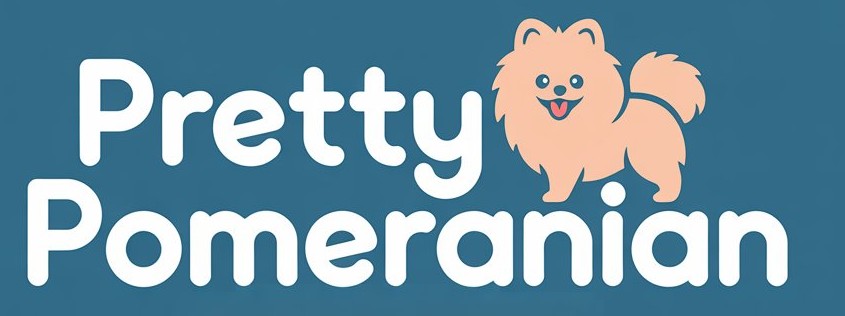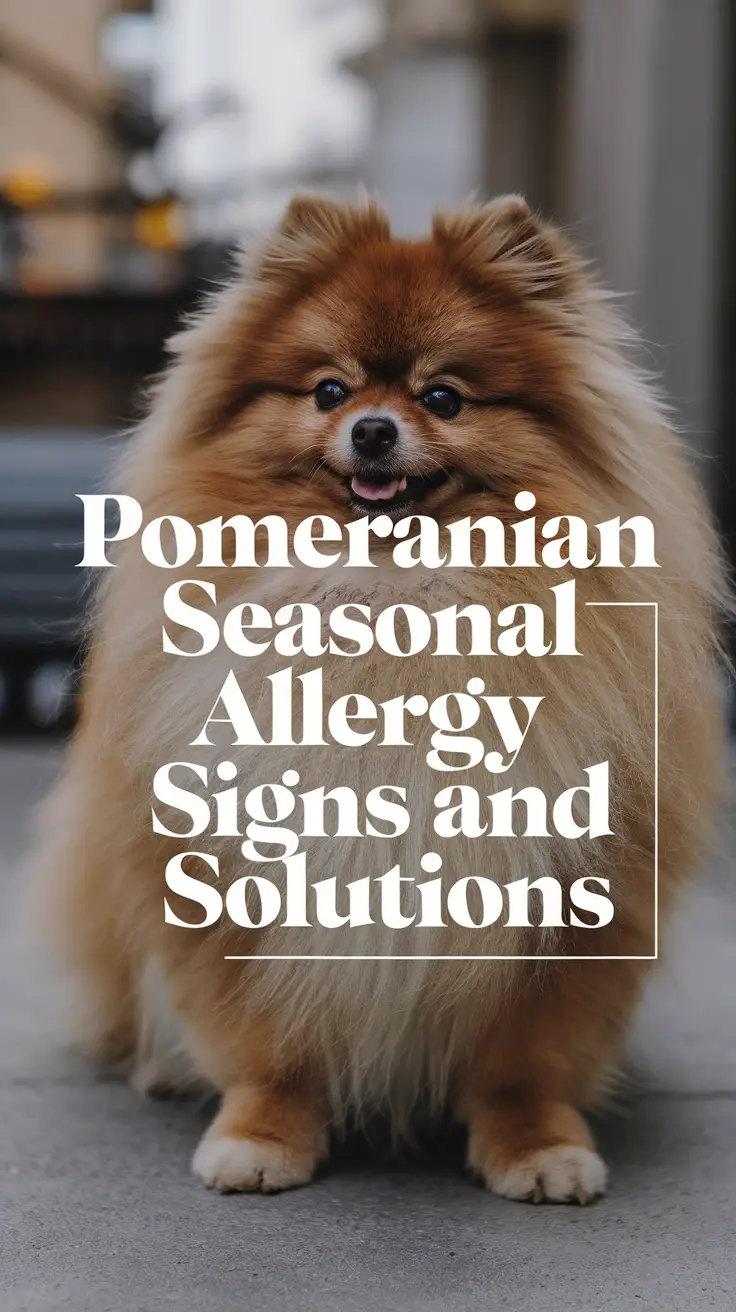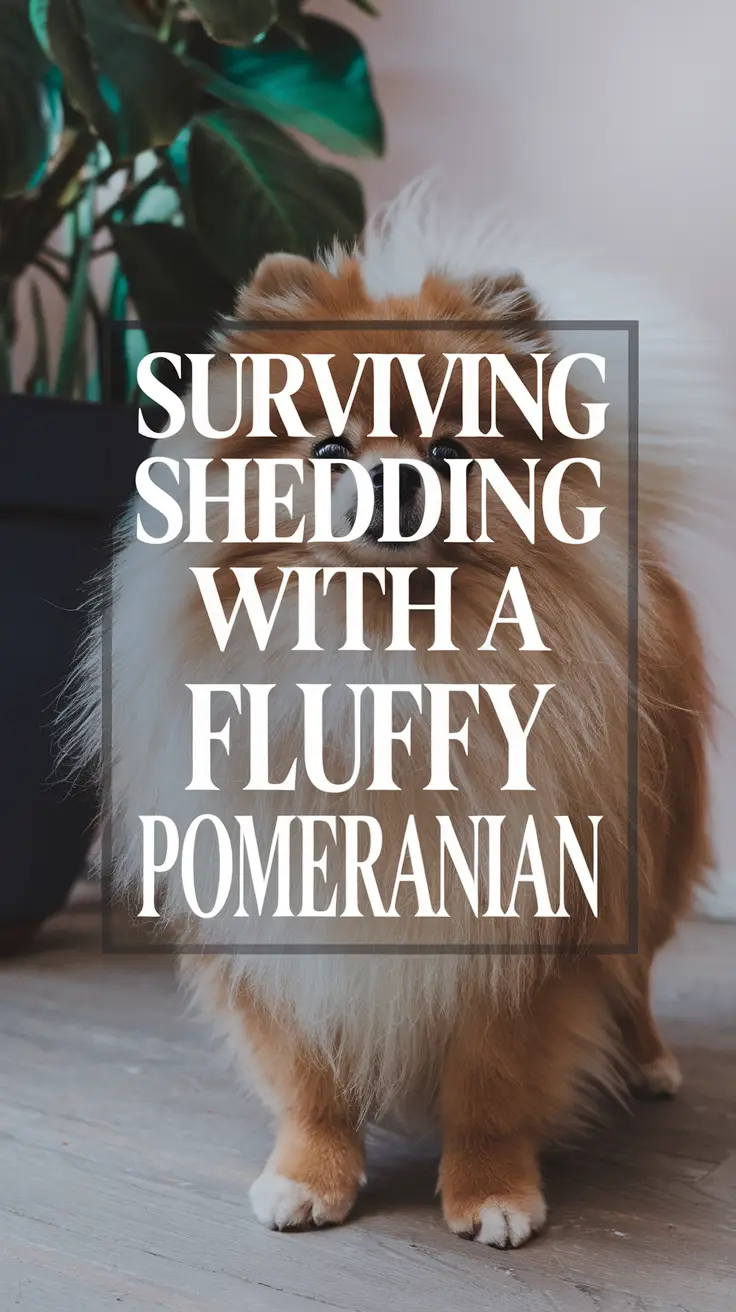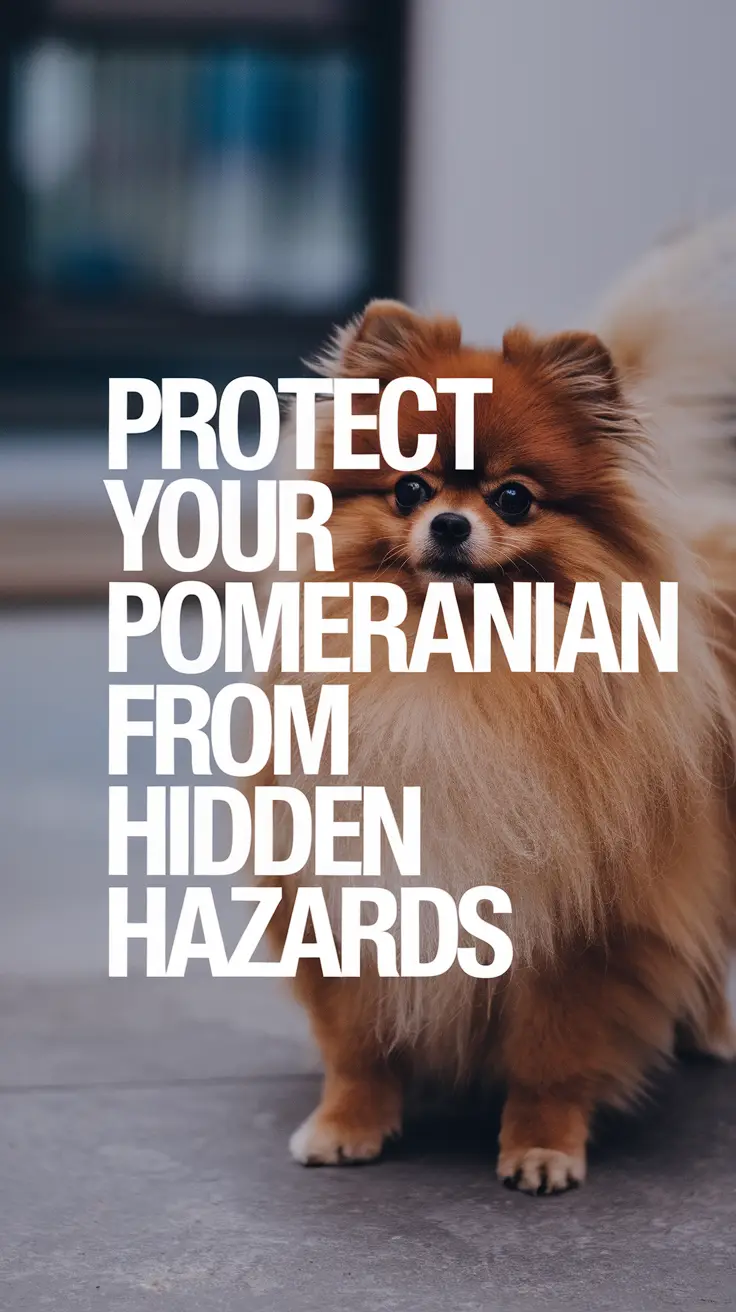Nothing breaks a Pomeranian parent’s heart quite like watching their fluffy companion turn into a scratching machine, leaving you wondering if your precious pup has mistaken themselves for a walking pin cushion. I’ve been there with my Sash more times than I care to count, and trust me, the midnight scratch-fest concerts get old fast.
Quick Relief Summary
- Oatmeal baths provide immediate soothing relief for irritated skin
- Apple cider vinegar solutions help restore natural pH balance and fight bacteria
- Coconut oil acts as a natural moisturizer and anti-inflammatory treatment
The Pomeranian Skin Challenge
Pomeranians are blessed with gorgeous double coats but cursed with sensitive skin that seems to react to everything from pollen to that new fabric softener you thought smelled divine. When Sash first started her scratching marathon, I panicked and called the vet immediately. Dr. Martinez explained that Pomeranians are particularly prone to skin issues due to their dense fur trapping allergens and their naturally sensitive skin barrier.
Safe Home Remedies That Actually Work
Oatmeal: The Gentle Giant
Colloidal oatmeal isn’t just for breakfast anymore. This powerhouse ingredient contains compounds called avenanthramides that reduce inflammation and itching. I discovered this gem when Sash developed contact dermatitis from rolling in something questionable during our park adventure.
| Method | Instructions | Frequency |
|---|---|---|
| Oatmeal Bath | Blend 1 cup plain oats into powder, mix with lukewarm water | 2-3 times weekly |
| Oatmeal Paste | Mix oat powder with small amount of water for spot treatment | Daily as needed |
Apple Cider Vinegar: The pH Balancer
Raw, unfiltered apple cider vinegar works wonders for restoring your Pomeranian’s skin pH balance. The American Kennel Club recognizes its antimicrobial properties, making it excellent for minor skin irritations. However, never apply it undiluted – learned that lesson the hard way when Sash gave me the most offended look in canine history.
Safe dilution ratio: 1 part apple cider vinegar to 3 parts water
Coconut Oil: Nature’s Moisturizer
Organic, virgin coconut oil contains lauric acid, which has natural antibacterial and antifungal properties. When Sash’s skin became dry and flaky during winter, coconut oil saved the day. Just remember, a little goes a long way – unless you want your Pomeranian looking like they’ve been dipped in cooking oil.
Application Techniques That Won’t End in Drama
Applying remedies to a squirmy Pomeranian requires strategy. I’ve learned that timing is everything – post-meal when they’re drowsy works best. Here’s my battle-tested approach:
- Start with clean, dry skin (gentle pat-dry, never rub)
- Test any new remedy on a small skin patch first
- Use distractions like frozen treats during application
- Apply remedies in thin layers to prevent matting of fur
- Monitor for 24 hours after first application
When Home Remedies Aren’t Enough
Even the most dedicated home treatment has limitations. Dr. Sarah Chen, a veterinary dermatologist, emphasizes that persistent scratching lasting more than 48 hours warrants professional evaluation. Red flags include:
- Open wounds or bleeding scratches
- Foul odor from affected areas
- Significant hair loss
- Behavioral changes like loss of appetite
- Hot spots developing rapidly
Prevention: Your Best Defense
The most effective remedy is prevention. Regular grooming, high-quality diet, and environmental management can significantly reduce skin issues. I’ve found that weekly brushing sessions not only prevent matting but also allow me to spot potential problems early.
| Prevention Strategy | Benefit | Implementation |
|---|---|---|
| Regular Brushing | Removes allergens and dead skin | Daily, 5-10 minutes |
| Hypoallergenic Shampoo | Maintains skin barrier | Monthly or as needed |
| Environmental Control | Reduces allergen exposure | Air purifiers, frequent cleaning |
The Reality Check
Home remedies work wonderfully for minor skin irritations, but they’re not magic bullets. Some Pomeranians have underlying allergies or conditions requiring medical intervention. Sash taught me that patience and consistency are key – results often take several applications to become apparent.
The beautiful thing about these natural approaches is their gentleness on your Pomeranian’s delicate system. Unlike harsh chemicals, these remedies support your dog’s natural healing processes while providing immediate comfort. Your furry friend deserves relief that doesn’t compromise their overall health, and these time-tested solutions deliver exactly that – turning your scratching symphony back into the peaceful purrs of contentment you both crave.




